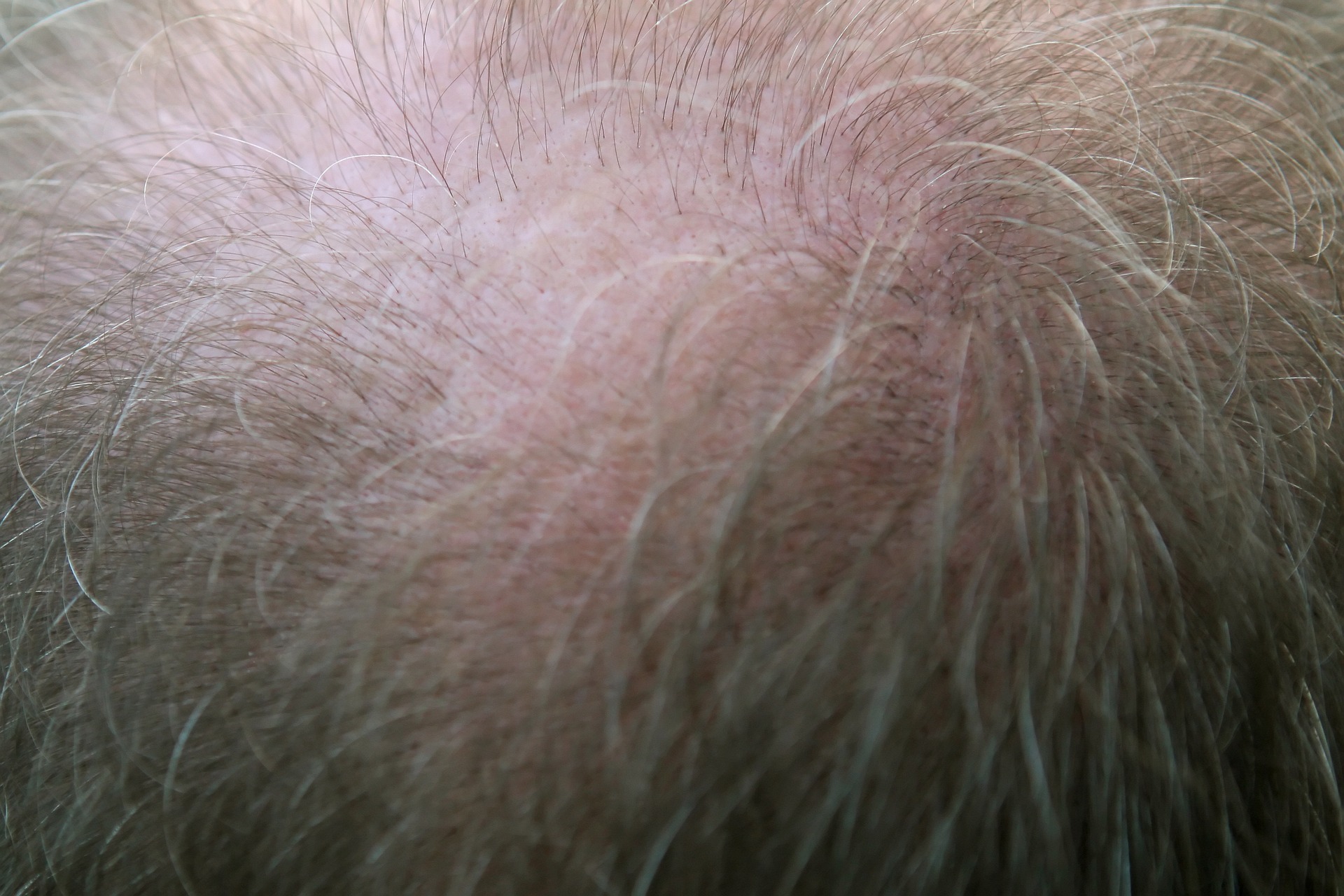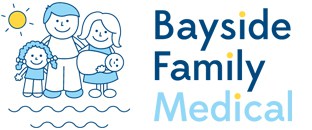
Hair loss can be an embarrassing condition affecting both males and females. It’s completely normal to lose small amounts of hair, but if you’re noticing massive clumps falling out or some thinning on top, it can affect your self-esteem.
If you’re suffering from hair loss, rest assured that there are treatments and medications available to you. Before we dive into that, let’s take a look at what might be causing your hair loss.
Common causes of hair loss
Genetics
Both male and female pattern baldness, otherwise known as androgenetic alopecia, is genetic. If family members suffer from hair loss, you may be susceptible too. The earlier family members lose hair, the more relevant the connection.
It’s estimated that 90% of men with hair loss and 50% of women with hair loss experience androgenetic alopecia.
Autoimmune conditions
Alopecia areata is an autoimmune disorder that causes hair loss. With this condition, your immune system attacks your hair follicles, causing hair loss.
Lupus is an inflammatory disease whereby the immune system attacks the body’s tissues. It can cause inflammation or scarring of the scalp, leading to hair loss. Sufferers often suffer from skin problems like rashes and/or sores on the scalp, which can also affect the hair.
Stress
You may not be aware of this, but stress can actually cause you to lose hair. Significant stress can cause your hair follicles to go into a resting phase, causing hairs to fall out (called telogen effluvium).
Vitamin or mineral deficiencies
In some instances, a lack of certain vitamins and minerals in the body can lead to hair loss. For example, deficiencies in vitamin D and iron have been linked to hair loss.
Certain illnesses
Some illnesses can cause hair loss and/or thinning of the hair. Polycystic ovarian syndrome and thyroid disease are just a couple of examples.
Folliculitis decalvans causes inflammation of your hair follicles and potential hair loss. Fungal infections such as ringworm can also cause patches of hair loss.
Medications
A side effect of some medications may be hair loss. Talk to your doctor if you’re concerned your medication may be to blame for your hair loss.
Hormonal changes or imbalances
Hormonal changes connected to pregnancy and childbirth can affect your hair. In fact, up to half of all women experience significant hair loss a few months after having a baby. The good news is it’s usually temporary.
In both males and females, a by-product of testosterone, dihydrotestosterone, can be the cause of hair loss. The hair follicles become sensitive to the hormone and shrink.
Treatments for hair loss
If you are concerned about hair loss, it’s important to book in with your dedicated hair doctor. We will run through your medical history and try to work out whether any underlying conditions may be causing the hair loss. We can then advise you about which hair loss treatment may be right for you.
Prescription medications
In some instances, we may suggest prescription medications to treat hair loss. Finasteride or dutasteride is often prescribed for men, while spironolactone or oral minoxidil may be the appropriate course of action for women.
“Tablets to treat hair loss have become the mainstay of treatment over decades and have proven to be highly effective and safe,” Bluff Road Medical Centre Practice Principal Dr Nicholas Kokotis said.
There are other options available. “Treatments like PRP (platelet rich plasma), fractional laser, and LED low-level laser therapies may have a role for some patients,” Dr Kokotis said.
Speak to us and we’ll work out what’s right for you.
When to see a doctor
When it comes to hair loss, it’s best to investigate the cause sooner rather than later. In general, the earlier you begin treatment, the better the outcome.
If you’ve noticed a lot of hair falling out in your hairbrush, on your pillow or in the shower, book in with us. We’ll run through the possible causes of your hair loss and devise a treatment plan for your specific needs.
Monitoring changes
You may have heard of mole mapping, but did you know we offer something similar for hair loss and scalp issues? It’s called TrichoLAB.
TrichoLAB takes a series of images of your head and scalp then uses sophisticated software to generate an in-depth analysis of where you are at.
Best of all, it’s non-invasive and painless. TrichoLAB allows us to offer the most professional hair consultation to help you get real results.
Book in today
There’s no reason to feel self-conscious about seeking help for your hair loss. We are ready to help, so get in touch today.
Book now or call 03 9583 1630.
